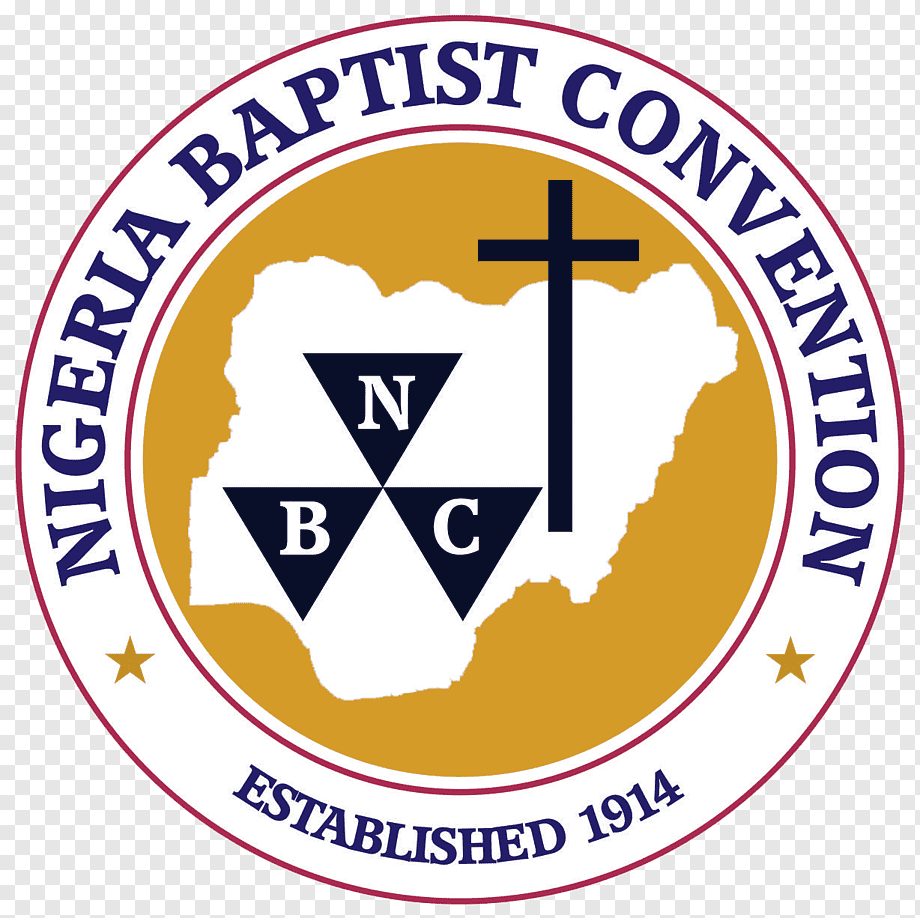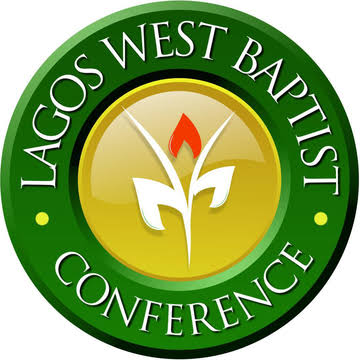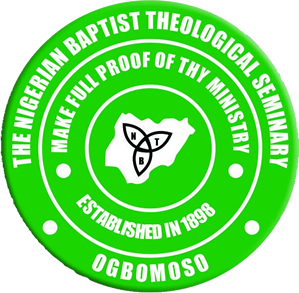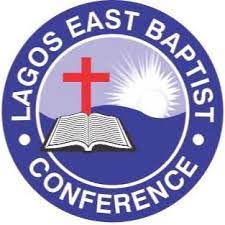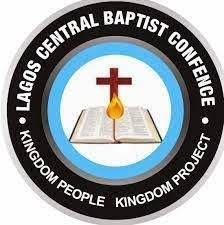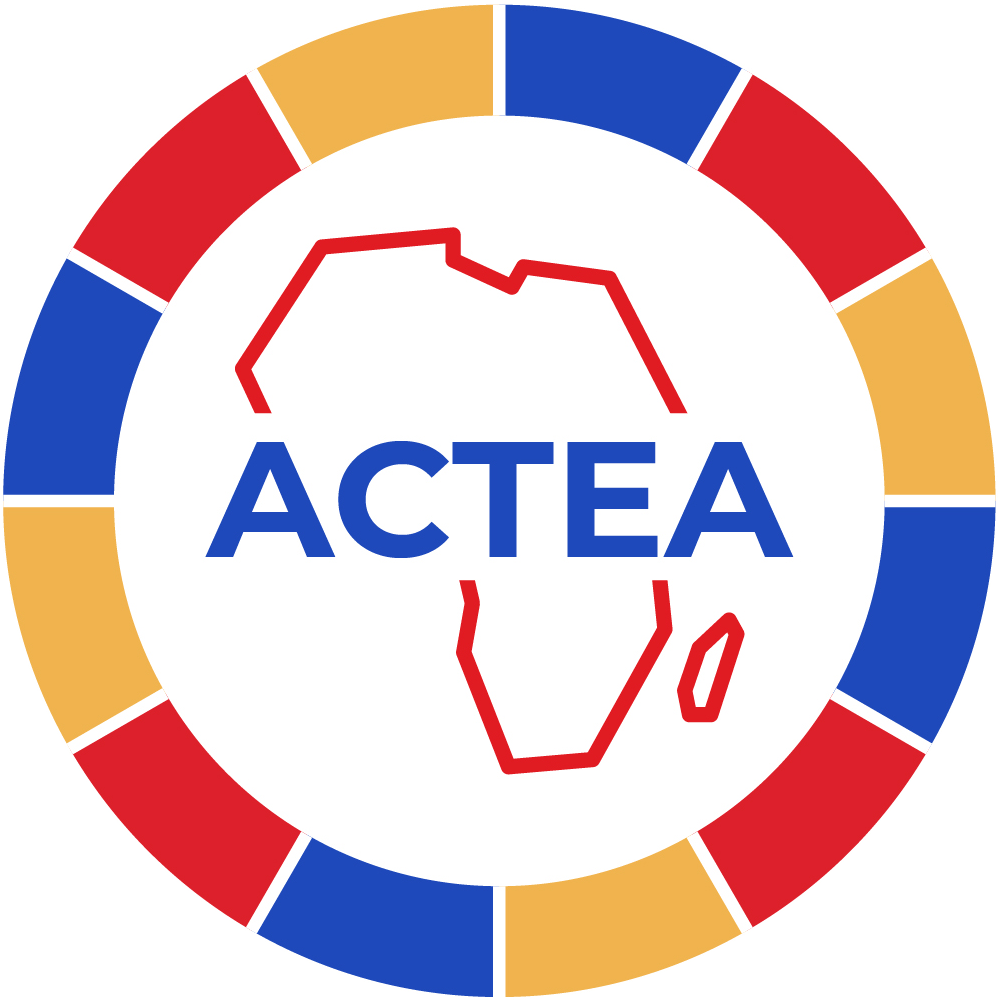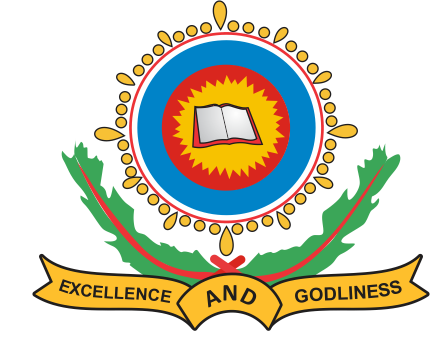HISTORY OF THE COLLEGE
The Lagos State Baptist Conference set up a committee on the possibility of starting a Bible College in Lagos, after the Nigerian Baptist Theological Seminary, Ogbomoso had made a move to have a unit of the Seminary as a campus in Lagos. The purpose and objectives of the Baptist College of Theology, Lagos can be better understood in the resolutions of the 31st Bi-annual session of the Lagos State Baptist Conference
held at New Lagos Baptist Church, Surulere – Lagos on Friday and Saturday, 22nd and 23rd of September 1995.This is sequential to the approval of establishing such a College at the Yaba Session.
The extract reads,
“Anywhere we have a Seminary, new churches will spring up around the school, which is an evidence that Theological Institutions contribute immensely to evangelism, which is the main duty which the church was charged by our Lord….
Theological education should be among our first priorities for it is the axis of our faith as Christians, it is the plug of missions….”
The inference from the above extract is that Theological institutions constitute an important means and medium of missions and evangelism.
Following the reactions of the house at the March 1996 session of the Lagos State Baptist Conference, the committee that was made up of Revd. (Now Revd. Dr.) M. A. Ekiran, Revd. I. O. Bamimodu, Revd. Dr. I. O. Falade and Deacon (now Revd. Dr.) J. A. Farayola was set up to meet the President of the Seminary at Ogbomoso on the 19th of April, 1996.
A brain stormy session was held for one hour.
The President of the Seminary affirmed that:
- An institution on regular basis is governed by the rules of a full-fledged institution,
- A satellite campus running a regular course is also governed by rules of full-fledged institution,
- The Seminary gave the offer of a Sandwich programme as a positive and effective way of determining the ultimate interest of the Lagos State Baptist Conference,
- The Lagos State Baptist Conference should accept a Sandwich programme for now and intensify work within a year in order to commence a full-fledged institution in 1997, and
- The Lagos State Baptist Conference should endeavor to meet the needs of her members in stages as it would be difficult to meet the needs of everybody at a blow.
Conclusively, the President asserted that the feeling of the Lagos State Baptist Conference is genuine. But it was further explained that The Baptist Theological Seminary would not risk losing her accreditation. The Southern Association of Colleges and Schools would visit Nigeria in 1997. If the Lagos State Baptist Conference could not accept the Seminary’s offer, the NBTS should be disassociated from any arrangement by the LSBC to commence a full-fledged
institution without putting in place at least, the minimum human and material resources.
It was on this understanding for a need to start a theological institution in Lagos that the Conference set up a committee that was headed by the Revd. Dr. Falade of which secretary was Deacon J. A. Farayola. The Nigerian Baptist Convention Executive Committee approved the establishment of Baptist College of Theology, Benin City and that of Lagos. On January 13, 1997, the College at Lagos started its Diploma programme with 12 students, and in the year 2000,
the first set of B.Th degree students came in.
The city of Lagos is a peculiar city in Nigeria. Various churches of denominations including those without sound biblical doctrines are springing up every day. As these churches are springing up, there are equally denominational seminaries springing up in all the corners of Lagos. Many of these seminaries offer different degrees even up to PhD level. Our men and women were becoming the targets of these seminaries.
The Conference believed therefore that an opportunity to have theological training should be opened up for our Baptist people in Lagos who would want to be trained, and who might not, because of their professions afford to go to Ogbomoso on full time basis for training. The idea got down well with the Conference and the proposals were presented to the Ministerial Board for consideration.
A strict provision for admission into the part-time, weekend programme is that any prospective candidate must have a first degree from a recognized tertiary institution, and must spend three years. The Ministerial Training Board of the Convention changed it to four years.

